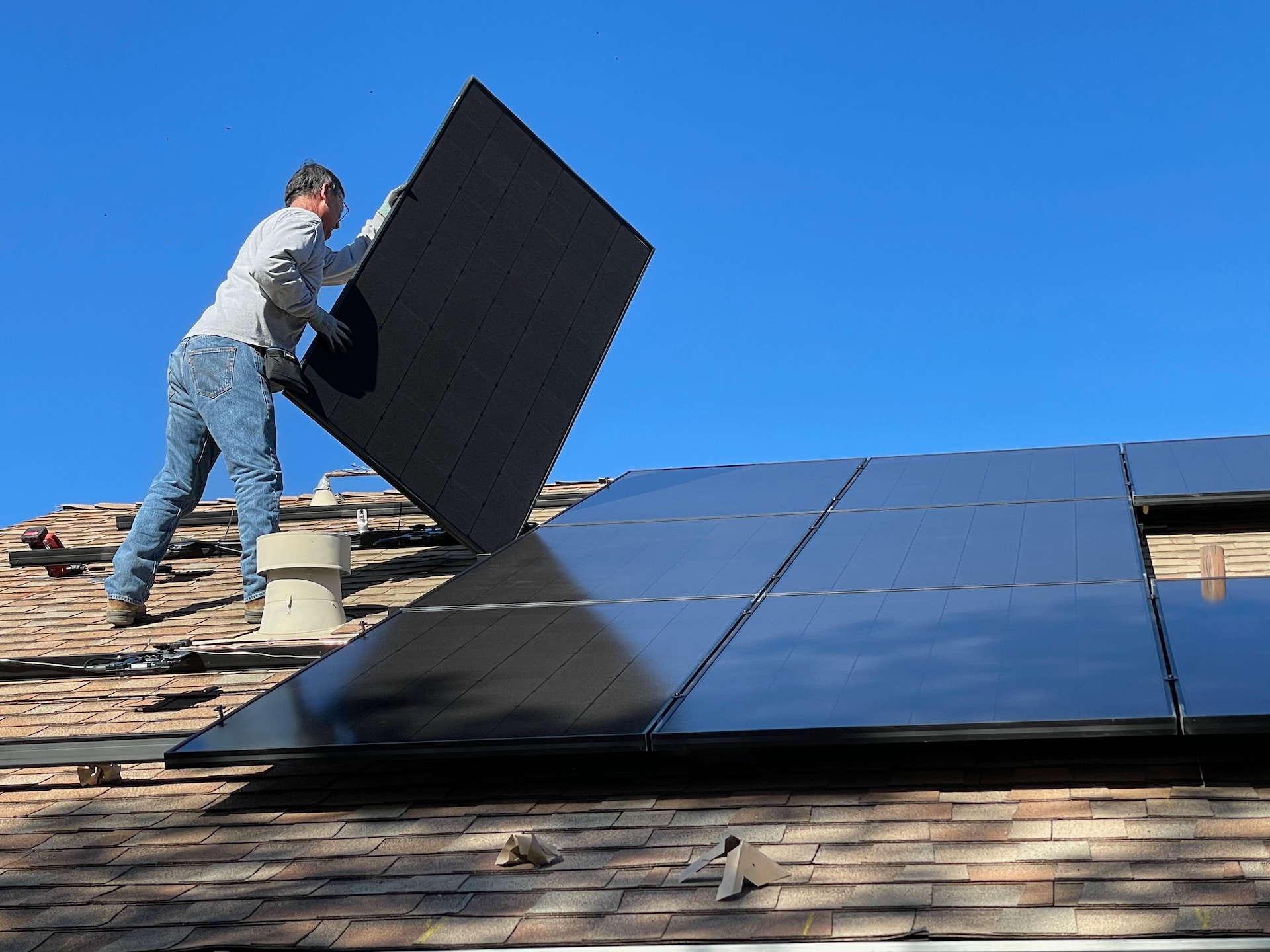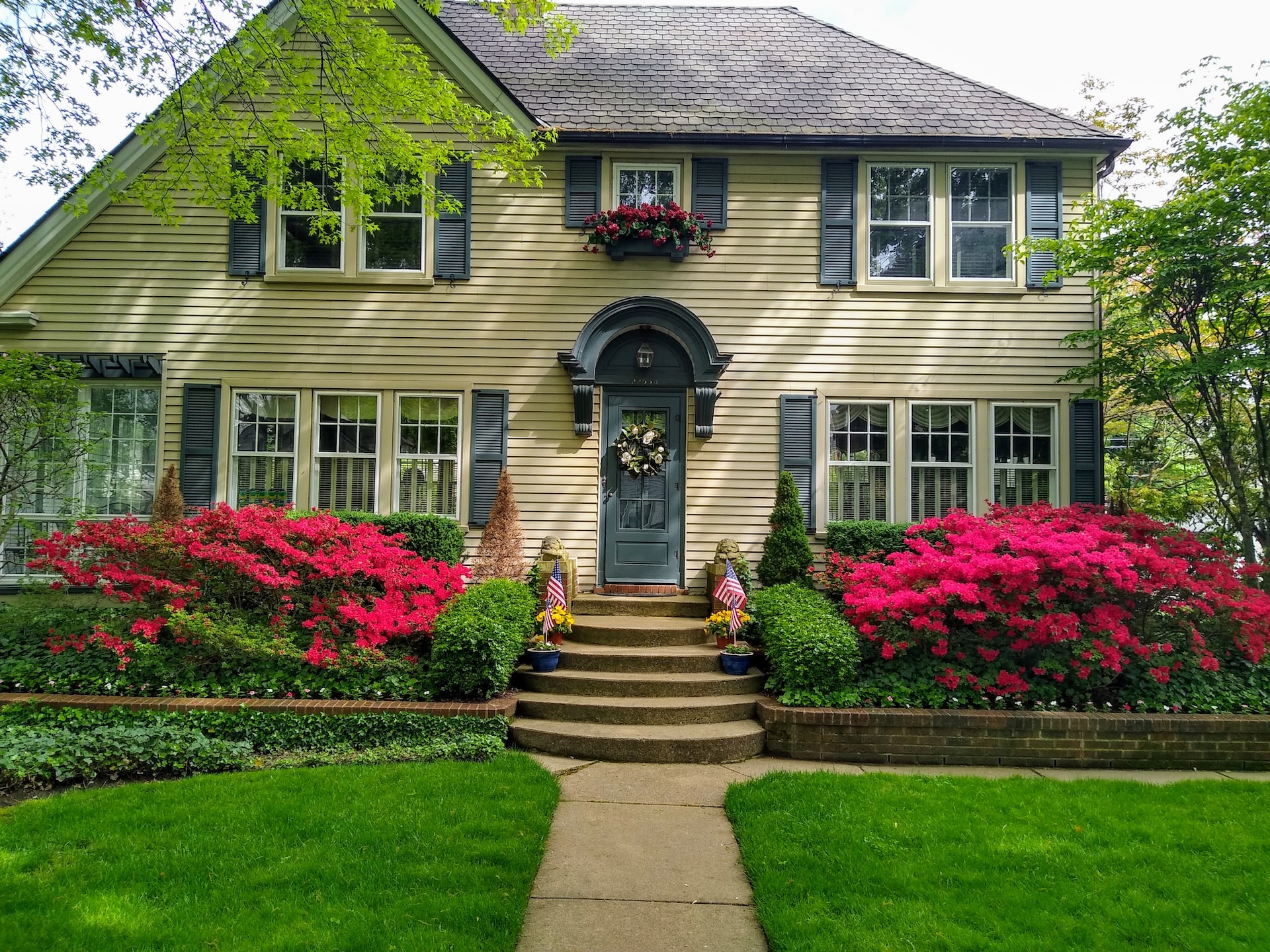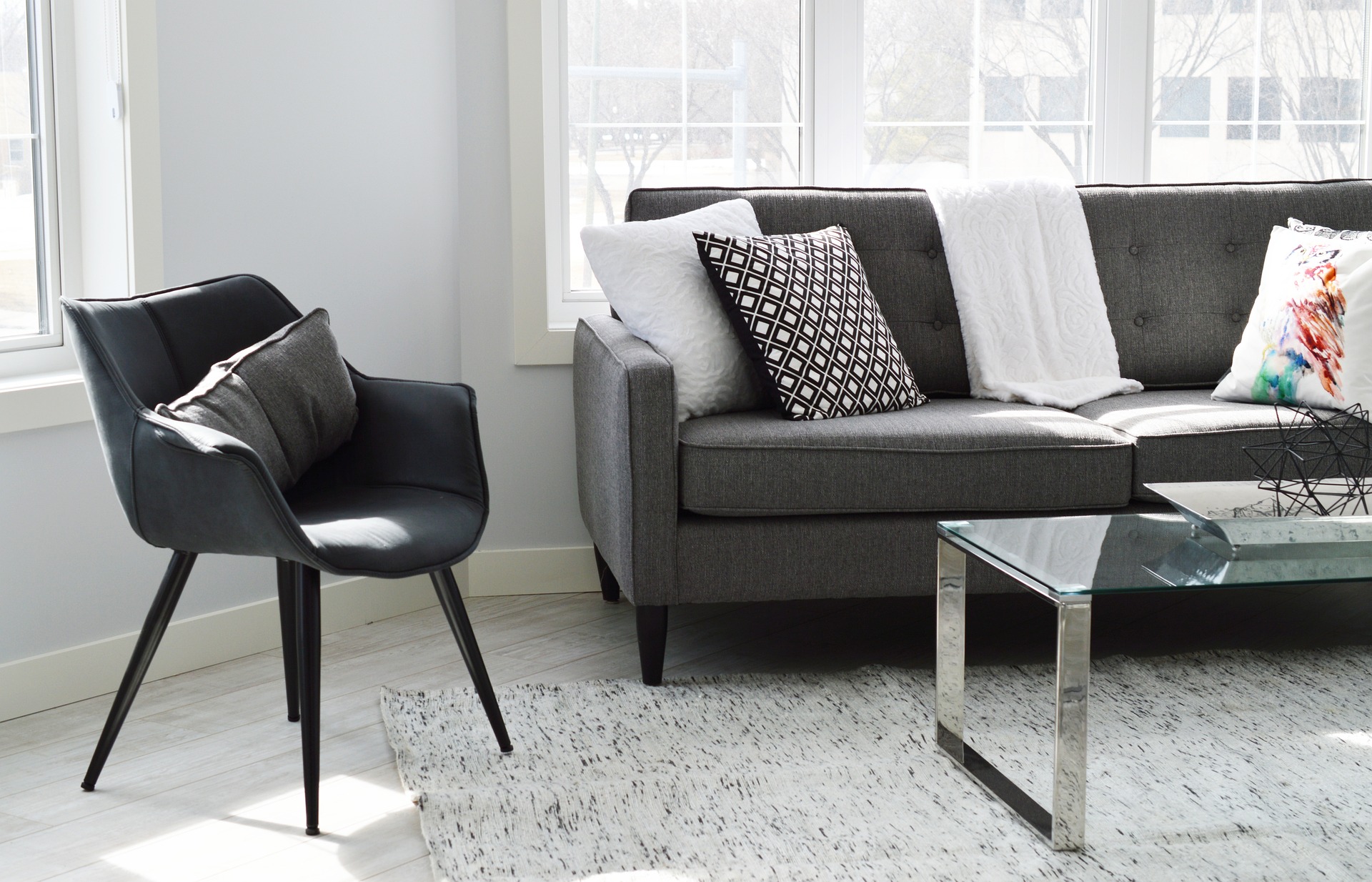Noise pollution is one of the most common problems faced by city-dwellers. Whether it’s the blaring horns of cars, the shouting of people, or the sound of construction work, noise can be a real nuisance. And if you’re trying to get some sleep, it can be downright annoying. But there are ways to reduce the amount of noise that you hear. Here are a few tips:
1. Soundproof Your Windows
If you’re looking to reduce the amount of noise that comes into your home, one of the best things you can do is soundproof your windows. There are a few different ways to do this, but all of them involve using some insulation to block out the sound.
One way to soundproof your windows is by using heavy curtains. The thicker and denser the fabric, the better it will block noise. If you want to go one step further, you can also have double-glazed windows installed. They can help if you live on a noisy road and are looking for some extra quiet. These windows have two layers of glass with a layer of air in between them. The air acts as an insulator, blocking noise even better than curtains.
Another option is to install window inserts. These panels fit inside your window frame and act as an extra layer of insulation, blocking sound from the outside and inside of your home. Window inserts are a great option if you live in a noisy neighborhood or have children or pets who like to make a lot of noise.
2. Use Acoustic Foam Panels
If you’re looking for a way to reduce the amount of noise in your home, you may consider using acoustic foam panels. Acoustic foam panels are designed to absorb sound, so they can help to muffle unwanted noise from both the inside and outside of your home. One of the best things about acoustic foam panels is that they are relatively affordable. You can buy them in various sizes, making them easy to install.
Acoustic foam panels come in two different varieties: open-cell and closed-cell. Open-cell foam panels are cheaper but don’t offer as much sound absorption as closed-cell foam panels. Closed-cell foam panels are more expensive, but they provide better sound absorption. If you’re looking for the best home investment possible in sound absorption, then closed-cell foam panels are the way to go. But if you’re on a budget, open-cell foam panels will still do a good job reducing noise pollution.
3. Use Sound-Dampening Rugs and Carpets
If you want to reduce the amount of noise in your home, one of the best things you can do is use sound-dampening rugs and carpets. These materials absorb sound, so they help to muffle unwanted noise from both the inside and outside.
Sound-dampening rugs and carpets are made from various materials, including wool, cotton, latex, and polyester. They come in different thicknesses, so you can choose the one that best suits your needs. One of the best things about using sound-dampening rugs and carpets is that they are relatively affordable. And unlike some other soundproofing materials, they are also easy to install.
4. Use Sound-Absorbing Panels
If you’re looking for a way to reduce the amount of noise in your home, you may consider using sound-absorbing panels. Sound-absorbing panels are designed to absorb sound, so they can help to muffle unwanted noise from both the inside and outside of your home. Sound-absorbing panels come in various sizes, so you can choose the ones that best suit your needs. They are also relatively easy to install.
5. Use Soundproofing Insulation
If you want to reduce the amount of noise in your home, you may want to consider using soundproofing insulation. Soundproofing insulation is designed to block out sound, so it can help to muffle unwanted noise from both the inside and outside of your home.
Soundproofing insulation comes in various materials, including fiberglass, foam, and mineral wool. It also comes in multiple thicknesses, so you can choose the one that best suits your needs. One of the best things about using soundproofing insulation is that it is relatively affordable. And unlike some other soundproofing materials, it is also easy to install.
6. Use Soundproof Curtains
Soundproof curtains are one of the best ways to reduce noise pollution in your home.
They are made from a special material designed to absorb sound, so they can help to muffle unwanted noise from both the inside and outside of your home. One of the best things about soundproof curtains is that they are relatively affordable. You can buy them in various sizes, making them easy to install.
Soundproof curtains come in two different varieties: open-cell and closed-cell. Open-cell foam panels are cheaper but don’t offer as much sound absorption as closed-cell foam panels. Closed-cell foam panels are more expensive, but they provide better sound absorption. If you’re looking for the best possible sound absorption, then closed-cell foam panels are the way to go. But if you’re on a budget, open-cell foam panels will still do a good job reducing noise pollution.
7. Use Sound-Dampening Paint
Sound dampening paint is a type of paint that is designed to reduce the amount of noise that is transmitted through walls, ceilings, and floors. It is made from a unique material that helps absorb sound, which can help to muffle unwanted noise from inside and outside of your home. One of the best things about sound dampening paint is that it is relatively affordable. And unlike some other soundproofing materials, it is also easy to install.
When choosing sound-dampening paint, it is vital to select one that is specifically designed for the job. There are many different types of paints on the market, but not all effectively reduce noise pollution. Make sure to do your research and choose a paint that is specifically designed for soundproofing.
There are several different ways to reduce noise pollution in your home. The most effective methods include sound-dampening materials, sound-absorbing panels, and soundproofing insulation. But no matter which method you choose, the important thing is that you take action to reduce the amount of noise in your home. It will make a world of difference in your quality of life.






Leave A Comment